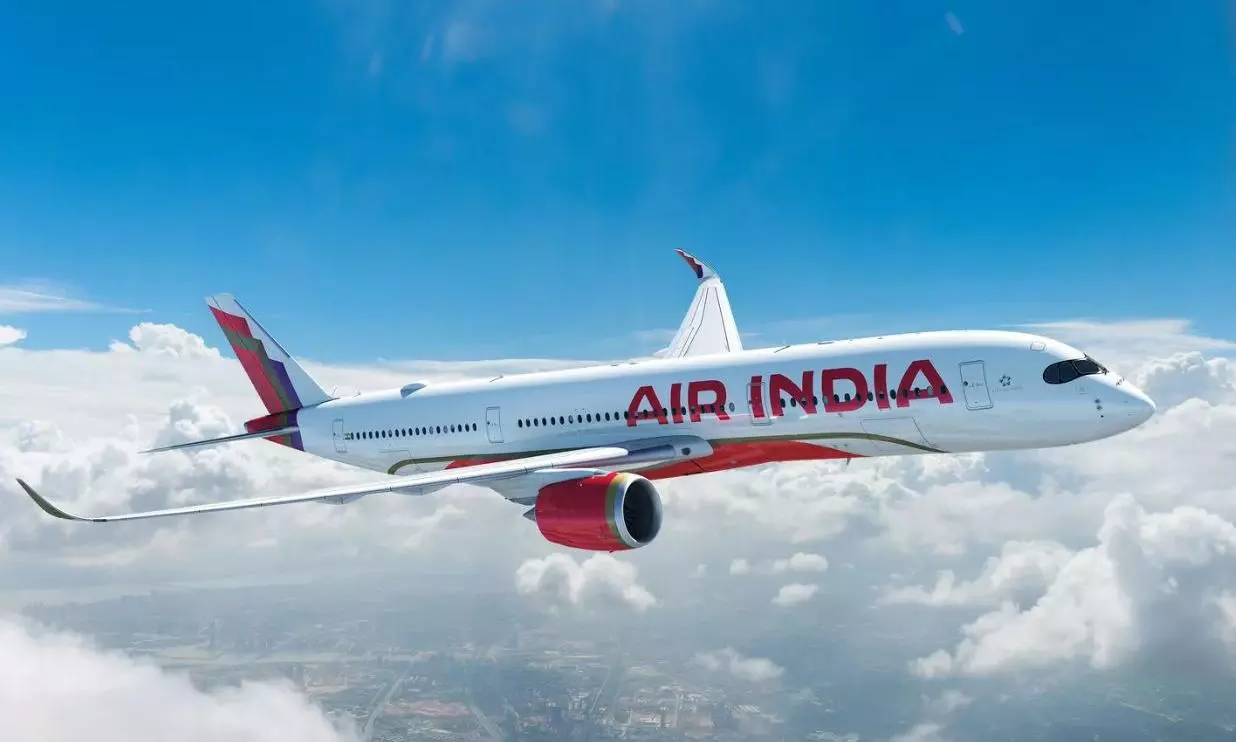
Pakistan closes airspace to Indian airlines; how will it affect Indian aviation?
India-registered aircraft and planes owned or leased by Indian operators cannot use Pakistan airspace. International flights from northern cities will get affected

In retaliation to India's diplomatic strike in the wake of the deadly Pahalgam terror attack which claimed 26 lives on April 22, Pakistan in a tit-for-tat move, has barred all Indian airlines from using its airspace.
The airspace cannot be used by India-registered aircraft as well as planes owned or leased by Indian operators.
Pakistan's announcement came soon after Prime Minister Narendra Modi vowed to track down and nab the terrorists responsible for the brutal killings of tourists in in Kashmir's Pahalgam region
The restrictions will directly impact international flights from India, especially the ones flying from northern cities such as Delhi, Amritsar, Jaipur, Lucknow, and Varanasi.
Also Read:Red line crossed, India weighs responses to Pahalgam terror attack
Airlines rework routes
Indian airlines including Air India, IndiGo, SpiceJet, Air India Express, and Akasa Air have now issued travel advisories confirming route alterations and delays.
International flights, particularly connecting to North America, Europe, the UK, and the Middle East from India, will need to take alternative routes over the Arabian Sea, according to senior airline officials quoted by PTI.
Air India, in its official statement on X, expressed regret over the disruption and highlighted passenger safety as a continued priority.
IndiGo and SpiceJet echoed similar sentiments, advising passengers to stay updated with their flight status and offering flexible rebooking or refunds.
Also Read: India takes up Pak's denial of airspace use to PM's aircraft with international body
Operational costs soar
A senior pilot told PTI that flights operated by Indian airlines to the US and Europe are expected to be longer by approximately 2 to 2.5 hours, depending on the alternate routes taken, as a result of this.
Aircraft taking longer routes mean they will be burning more fuel, resulting in increased operational costs for the airlines.
This extension adds operational strain as aircraft must carry more fuel, often at the expense of payload — which can mean fewer passengers or less baggage to offset weight limits.
Increased operational costs with payload restrictions are not a financially viable proposition for airlines, which already operate on narrow margins. As a result, airfares are likely to increase.
Also Read: Pakistan reopens airspace four-and-a-half months after Balakot strikes
Airfare hike
Pakistan airspace is a crucial one in the region and is extensively used by India's commercial airlines.
With increased flying time and higher fuel costs, airfares are likely to rise 8-12 per cent, especially for international routes from North India.
Senior airline executives and travel analysts warn that if the airspace closure persists, ticket prices may surge even further, impacting travel plans during the busy summer season.
Travel booking sites have already reported price spikes and limited availability. Passengers stranded in Kashmir are reportedly paying exorbitant fares for return tickets, with many flight tickets either sold out or only offering high-priced, multi-stop options.
Also Read: Air India: With Pak airspace open, operation cost for flights likely to come down
Diplomatic fallout
This is not the first time that Pakistan has closed its airspace for Indian airlines.
After the Pulwama terror attack in February 2019 and subsequent Indian Air Force air strikes in Balakot, Pakistan had imposed a similar ban.
The airspace remained closed for Indian carriers for several months during that period, significantly impacting international aviation routes and travel times.
(With inputs from agencies)

